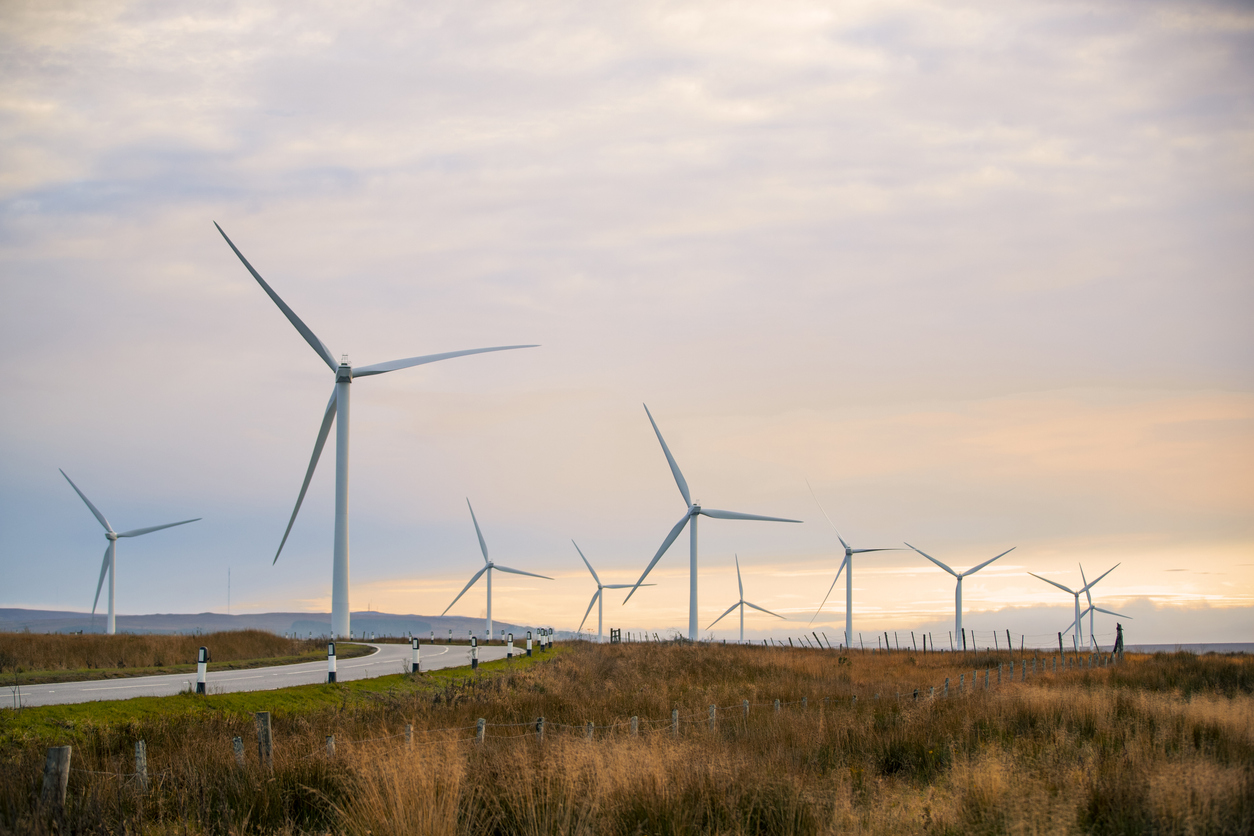Although energy prices have dropped significantly from the record highs in 2022, they remain almost three times higher than they have been for the last decade. Prices remain well above £100 per MWh, where the average for the last ten years has been closer to £50 per MWh. The impact of the energy crisis is likely to be felt for many years to come, which means choosing the right energy procurement strategy is critical.
What are your options?
When energy prices were cheaper, many organisations would find it easy to shop around and secure a cheaper price. Due to the energy crisis, those days are gone, and they are unlikely to return anytime soon. This means that fixed energy contracts, whilst providing certainty on price, can leave businesses exposed to the volatility of the energy market when it comes time to renew.
Increasingly more and more businesses are opting to choose a flexible procurement contract, that allows them to spread the risk of buying energy at different times during their contract, thus taking advantage of drops in the market.
What is fixed energy procurement?
A fixed energy procurement contract secures you 100% of your energy needs at a specified price on the day of signature. This means that your unit price will remain the same throughout the duration of your contract. Fixed energy procurement will provide you with budget certainty, however, if you need to buy at a point when the market is spiking or high, you will be locked into that high price for the duration of your contract.
What is flexible energy procurement?
A flexible energy procurement contract gives you the ability to take advantage of the volatility in the energy market, you can still tender for the right energy supplier but buy energy at times when prices are lower. You will be with this supplier for the duration of your contract, but you can buy at different times and in different quantities throughout it.

How do you know what is right for you?
If your organisation wants budget certainty and has a low-risk appetite, then implementing a fixed energy procurement strategy is likely to be right for you. However, if your organisation consumes more than 15GWh annually and wants the ability to take advantage of dips in the energy market then a flexible energy procurement strategy is the best option for you.
Working with a flexible energy procurement expert will allow you to spread the risk of procuring energy as you can purchase energy at different times and in different quantities throughout your contract. In addition to this, if your organisation’s energy consumption profile changes during the contract, you will have the ability to purchase additional blocks of energy when it suits you. Something you can’t do with a fixed energy contract.
If I choose a flexible procurement strategy, how can I protect my budget?
A Risk Manager will work with you to take you through the entire process. They will help to define your energy budget and will wrap a risk management strategy around your purchasing that helps to ensure that you always purchase energy at prices that are within your budget.
How can eEnergy help?
We have a dedicated Flexible energy trading team, with over 20 years of experience. The team is headed by Alastair Hutson, who is our Risk and Trading Director. The team currently manages over 2.81 TWh of flexible energy annually for clients. All our flexible energy clients are sent daily, end-of-day and monthly market intelligence reports to make sure that they are fully informed ahead of any purchasing decisions. Our expert team will work with you to ensure your purchasing strategy achieves the best possible returns for you.


